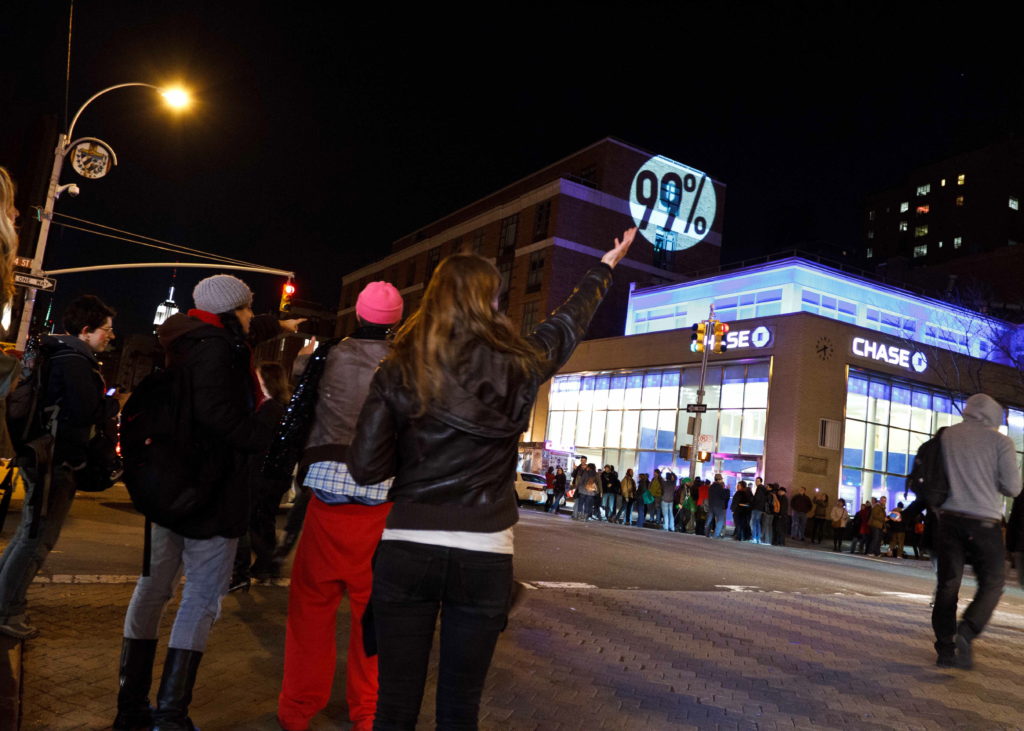The need for a New Urbanism is very urgent. Through our class discussions, readings etc, I have realized how much the cities/environments we live in need to be modified or somewhat recreated to be humanized again.
The Beach Beneath the Street was an extremely interesting read, in the sense that it really resonated with our class discussions and our times. What is very interesting in my opinion with the Situationists, is that they were definitely rebelling against something, but not against the government necessarily. Indeed, they were creating a rebellion against the people, against art, against the cities. I think they were mostly trying to fight against the people who just accepted everything that was happening, when our world is changing by the second and capitalism and consumerism holds too much power over our lives.
What is extremely interesting with the Situationists as well, is that they were creating this form of rebellion in 1957, and even though the Situationist International organization ended in 1972, their ideas of social revolutions lived on and is timeless. Their marxist and surrealist perspective on aesthetics and politics was amazing in the sense that they did not separate the two, but rather made them work together. That is a very big flaw in our system and society: we separate “homo faber” and “homo ludens”, when really we should try to make them one. One of the biggest problems in our society and the way we live is that everything is completely separated from one another, for instance, work and play.
This brings me to the discussion we had in class yesterday, when we were discussing playable city vs smart city. I think urban playable interventions are primordial for different reasons. Firstly, to remind people in the street that life should not just be work and then some play, but that work and play should be somewhat intertwined. Indeed, the societies we live in and mostly the cities we live in are ruled and designed by Capitalism and consumerism. As technology advances, it is important that we see it as a mean of urban progress rather than a threat. Technology becomes a threat when our data is controlled/used for scary purposes, but we should start appropriating technology and use it in urban interventions as an interactive/artistic practice: the Skrupit reading on interactive boards was very informative and engaging.


